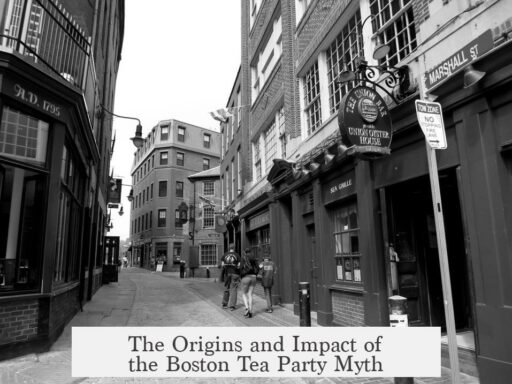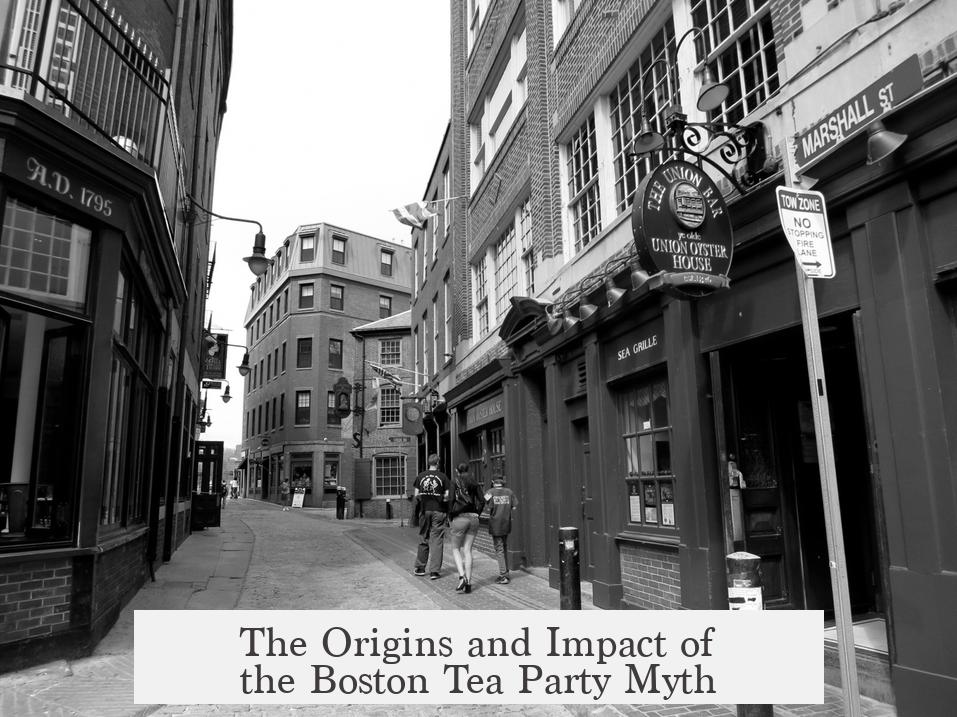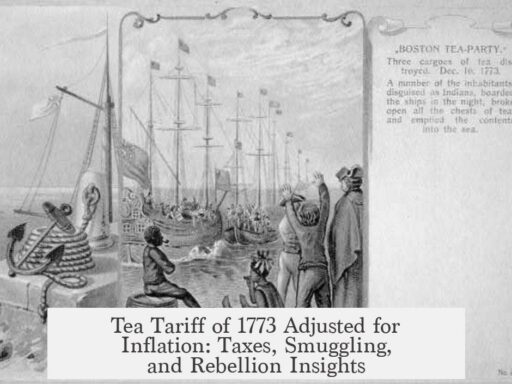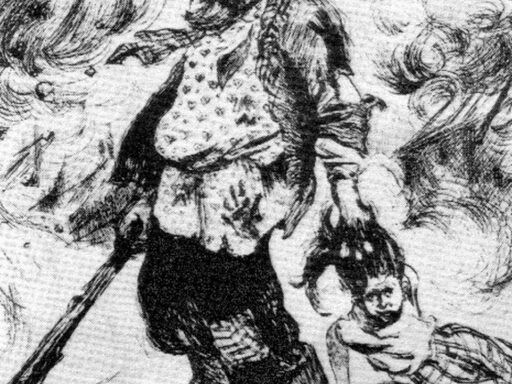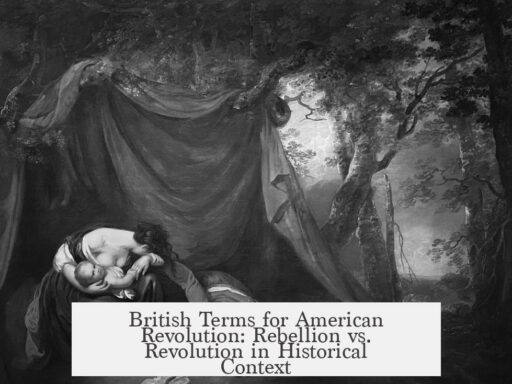The myth that the Boston Tea Party was primarily a revolt against tea taxes started mostly due to simplifications in early 20th-century education and textbooks. Originally, the event was a protest against the Tea Act of 1773, which favored the British East India Company (EIC) by removing taxes on its tea but keeping restrictions that disadvantaged other competitors. The colonists’ anger was less about the amount of tax and more about Parliament favoring a corporation and undermining colonial freedoms.
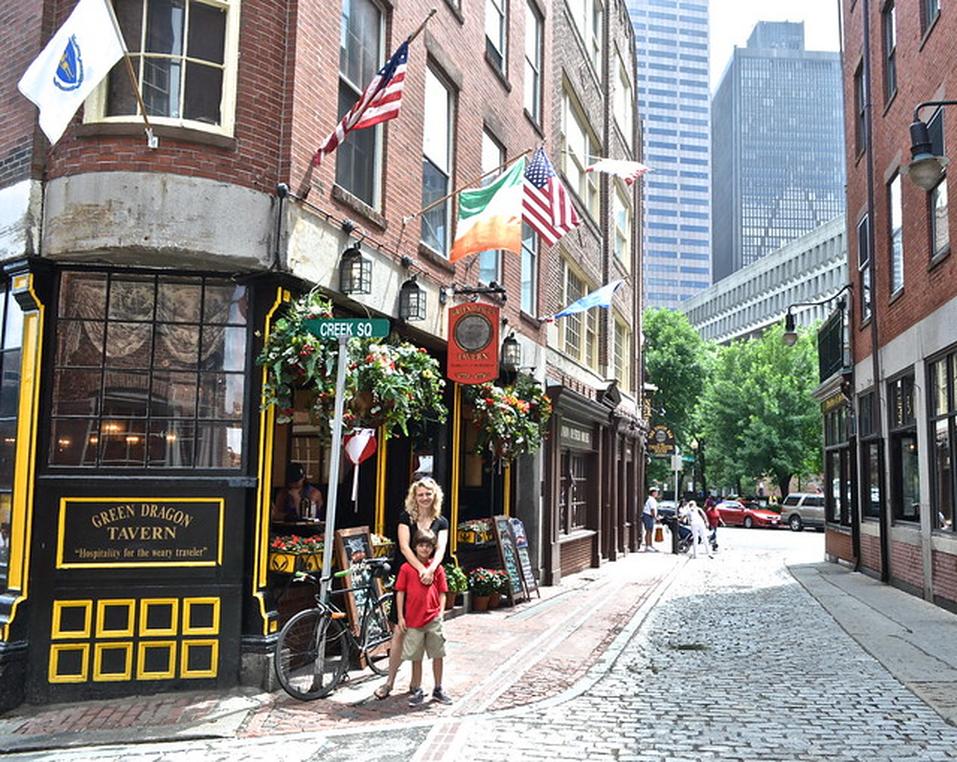
Before the Boston Tea Party, tea was taxed under the Townsend Acts starting in 1767. These acts imposed taxes on tea and several other imports. However, the colonists widely resisted these taxes, resulting in most being repealed except the tax on tea. Interestingly, the tea tax itself was not a major burden because many colonists could not afford tea or preferred smuggled tea that bypassed taxes. Smugglers imported tea illegally from places like Holland, avoiding British taxes and offering cheaper options.
In 1773, the British Parliament passed the Tea Act to save the struggling British East India Company. The act allowed the EIC to sell tea in the American colonies without paying the usual taxes that other companies had to pay. This gave the EIC a major price advantage, threatening colonial merchants and smugglers, and symbolized Parliamentary control favoring a monopoly. Colonists viewed this as an infringement on their rights and freedoms.
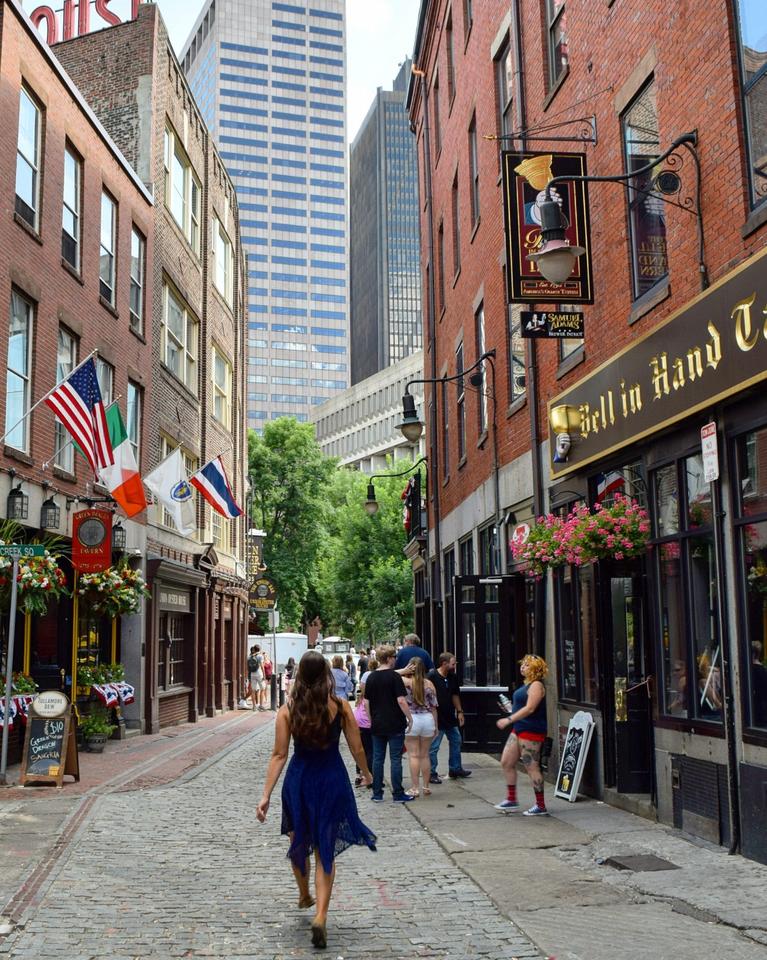
“The ‘Day is at length arrived’… in which we must determine to live as Freeman–or as Slaves to linger out a miserable existence,” declared a Philadelphia merchants’ committee on the Tea Act. They saw it as reducing Americans to slavery under a corrupt ministry.
Initially, colonial resistance took a simple form. Colonial ports refused to unload the tea shipments. Boston, Annapolis, Philadelphia, and others followed suit. The issue escalated on December 17, 1773, when Boston citizens disguised as Native Americans boarded the docked EIC ships and dumped an estimated $3.5 million worth of tea (adjusted to today’s dollars) into Boston Harbor.

John Adams, a leader from Boston, praised the actions immediately. He called the destruction of tea “the most magnificent Movement of all,” highlighting the boldness and lasting significance of the act.
The transformation of the Boston Tea Party’s story into a straightforward “tax revolt” mainly happened in the early 1900s with the rise of public education and the widespread use of textbooks. Textbook authors faced the challenge of explaining a complex historical event involving economic monopolies, smuggling, colonial rights, and imperial policies. Many opted for a simpler, more relatable narrative focused on resistance to taxation. This version resonated better with contemporary audiences and moral sentiments of the time.

The simplification served pedagogical and ideological goals by portraying the colonists purely as defenders against taxation and tyranny. The more nuanced reality—that the protest targeted Parliament’s corporate favoritism and monopoly control—was often omitted or glossed over.
This shift illustrates how collective memory can reshape history. Similar distortions happened with other American historical figures. For example, Parson Mason Weems’ early biography of George Washington invented stories like the cherry tree myth to promote values favored by his era. The Boston Tea Party myth thus fits a broader pattern of historical storytelling that trades complexity for clear moral lessons.

| Aspect | Historical Fact | Myth |
|---|---|---|
| Tea Tax Status | Tax on tea existed before 1773; tax on tea was not new | Tea tax was newly imposed and the cause of revolt |
| Reason for Protest | Protest was against corporate favoritism and monopoly privileges | Protest was against taxation broadly |
| Role of Smuggling | Smuggling reduced impact of tea tax by avoiding it | Often omitted or ignored |
| Historical Portrayal | Complex, involving economic and political factors | Simplified narrative focused on tax resistance |
The myth’s origin combines several factors:
- Early public school textbooks preferred a simple story of taxation and freedom rather than economic monopolies and legal nuances.
- Political and moral climate of the early 1900s favored stories of clear heroic struggle against tyranny.
- Complexities of colonial economics and smuggling were difficult to explain and did not fit easily into moral lessons.
- Stories were reshaped to inspire patriotism and national identity among American schoolchildren.
This shift in collective memory shows how education and culture influence historical understanding. The Boston Tea Party remains a powerful symbol, but its meaning has evolved into a more iconic and simplified tale of resistance against unjust taxes.

- The Boston Tea Party was a protest against corporate favoritism, not just tea taxes.
- Tea taxes already existed, and smuggling lessened their impact.
- Early 20th-century textbooks reshaped the event into a simple tax revolt.
- Political and educational goals drove this historical simplification.
- Mythologizing history is common and reflects cultural needs more than precise facts.
How Did the Myth Surrounding the Boston Tea Party Start?
The myth that the Boston Tea Party was a straightforward protest against tea taxes is actually… not quite true. Surprise! The real story is a bit more tangled than tossing tea into Boston Harbor simply because the colonists hated taxes.
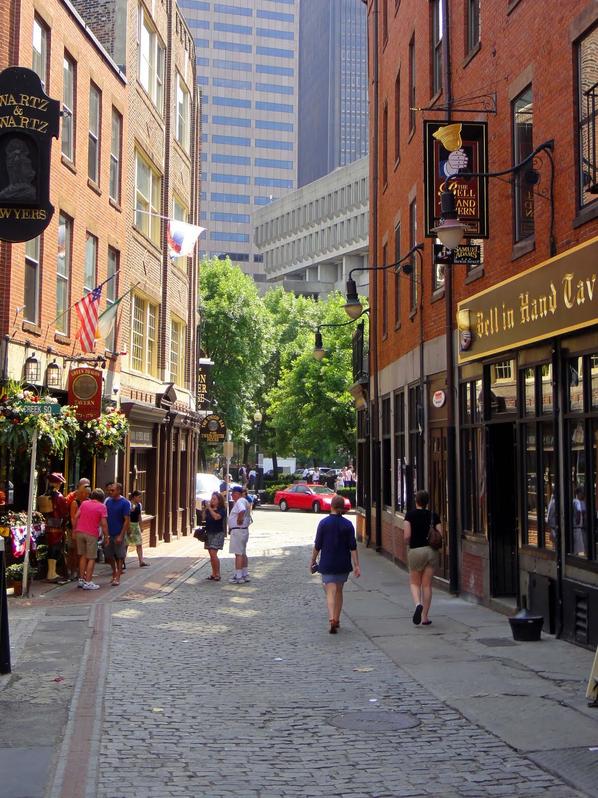
Curious how this popular misunderstanding took root? Let’s dive into the juicy details and uncover how history got a bit twisted.
A Bitter Brew: Tea Taxes Before the Boston Tea Party
Most folks imagine the colonists reacting to a brand-new tax slapped on their beloved tea. But nope. American colonists had been paying taxes on tea for years. Back in 1767, the Townshend Acts imposed taxes on tea and other imports. Colonists pushed back hard, leading to most taxes lifted—except the tax on tea.
Here’s the kicker: many colonists neither could afford tea nor had a taste for it. So, the tax wasn’t stirring much anger for most.
Meanwhile, enterprising smugglers were busy sneaking in tea from Holland and other places, evading taxes altogether. This illegal trade helped keep cheaper, untaxed tea flowing. Sounds like a messy little tea market!
The 1773 Tea Act: Favoring a Business, Sparking a Fire
In 1773, Britain thought they had a clever fix: the Tea Act. Rather than adding a new tax, it removed the tax on tea sold by one player—the British East India Company (EIC). This meant EIC tea was cheaper than smuggled or other imported teas. The Act helped the struggling company unload huge tea stores.
But here’s the catch. This wasn’t just about tea prices. The Act gave unfair advantages to the EIC, cutting out competition and essentially giving a government-backed monopoly. Colonists saw this as a sneaky move by Parliament to control them and corporate favoritism at its worst.
Robert J. Allison captured the mood perfectly: merchants declared the choice was stark—either live as free men or as slaves controlled by corrupt powers. For many colonists, it wasn’t just a tax battle—it was a fight against domination.
Boston’s Bold Move: The Tea Party Unfolds
When tea ships arrived in American ports, including Boston, the initial reaction was simple: don’t unload the tea. Most ports, Boston included, refused to let the tea ashore.
On December 17, 1773, the resistance amped up. Citizens of Boston dressed as Native Americans (a choice likely meant to mock or satirize) and dumped tea worth millions in today’s dollars into the harbor. The act was dramatic and bold.
John Adams, fresh from Boston, praised the event immediately. He called it a magnificent movement, daring and firm—an epochal moment destined to leave lasting consequences.
So Where Did the Myth Begin?
Fast forward to the early 1900s: as public education spread across America, history started getting packaged for the classroom. Early textbooks simplified complex stories, often to fit moral lessons or nationalistic themes rather than sticking to strict accuracy.
In this process, the story of the Boston Tea Party shifted. The protest against a corporate monopoly disguised as a tax break became a neat tale of rebellion against tea taxes. Easy to grasp, right? Less messy and complicated.
This simplification wasn’t unique. American history is full of similar cases. For example, Parson Mason Weems famously embellished stories about George Washington to shape a particular image for his times. The Boston Tea Party’s transformation into a tax revolt myth fits into this broader pattern.
Why Does This Matter Today?
Understanding the true cause behind the Boston Tea Party refreshes our view of American colonial resistance. It wasn’t just about rejecting taxes— it was about colonial alarm at government favoritism and monopolies backed by Parliament. The conflict was political power and corporate control, not just tax dollars.
This new perspective helps us appreciate the complexity behind revolutionary acts and resist oversimplified versions that schools sometimes teach.
Plus, it asks us: how often do we accept simplified narratives? Maybe it’s worth digging deeper into other so-called “facts” in history.
A Fresh Angle: Learning From the Real Boston Tea Party
- Look Beneath the Surface: Not all protests are about what they seem. Sometimes, motive and context matter more than slogans.
- Question Popular Memory: Early textbooks and education systems craft stories. We should be aware these versions may omit shades of grey.
- Recognize Corporate Influence: The Boston Tea Party reminds us that economic power and favoritism stir strong resistance—an ongoing theme in history.
Imagine if textbooks today presented the Boston Tea Party as a fight against corporate monopoly as well as government control. Would it shape our views on modern policies or corporate lobbying? Food for thought!
Summary Table: Myth vs. Reality of the Boston Tea Party
| Aspect | Common Myth | Historical Reality |
|---|---|---|
| Reason for Protest | Colonists rebelled against new tea taxes | Protest against a tax break favoring British East India Company monopoly |
| Colonists’ Tea Consumption | Colonists were upset over expensive tea taxes | Many colonists didn’t drink tea or couldn’t afford it; smugglers avoided the tax |
| Public Memory Origin | Based on 18th-century events | Myth solidified by early 20th-century public education and simplified textbooks |
| Nature of Protest | Moral revolt against taxation | Political and economic resistance to corporate favoritism and control |
Final Thought
The Boston Tea Party myth is a classic example of how history evolves, sometimes shaped more by the needs of storytellers than by the past itself. Next time you hear about dumping tea as a “tax revolt,” remember: history, like a good cup of tea, is richer when brewed slowly and with attention to detail.
Why is the Boston Tea Party often thought of as a protest against taxes on tea?
The myth began because early 20th-century textbooks simplified the story. They turned a complex protest against corporate favoritism into a straightforward fight against taxes to fit the morals and lessons of that time.
What was the real reason behind the Boston Tea Party if not the tea tax?
The main issue was the Tea Act of 1773, which gave the British East India Company special advantages. Colonists opposed this favoritism toward a corporation, not the tax itself, which was actually being removed for that tea.
How did early public education influence the myth around the Boston Tea Party?
As public education grew, textbooks chose to present a simpler version of events. They framed the Boston Tea Party as a tax revolt because it was easier to teach and support contemporary values than explain the complex economic context.
Did all colonists drink tea or care much about the tea tax before the Boston Tea Party?
No, many colonists either could not afford tea or preferred smuggled tea that avoided taxes. The tax alone was not a major daily concern for most people before the protests began.
How did the Boston Tea Party participants disguise themselves, and why?
They dressed as Native Americans, likely to add a satirical or comedic effect. This disguise also helped hide their identities during the destruction of the tea on December 17, 1773.
